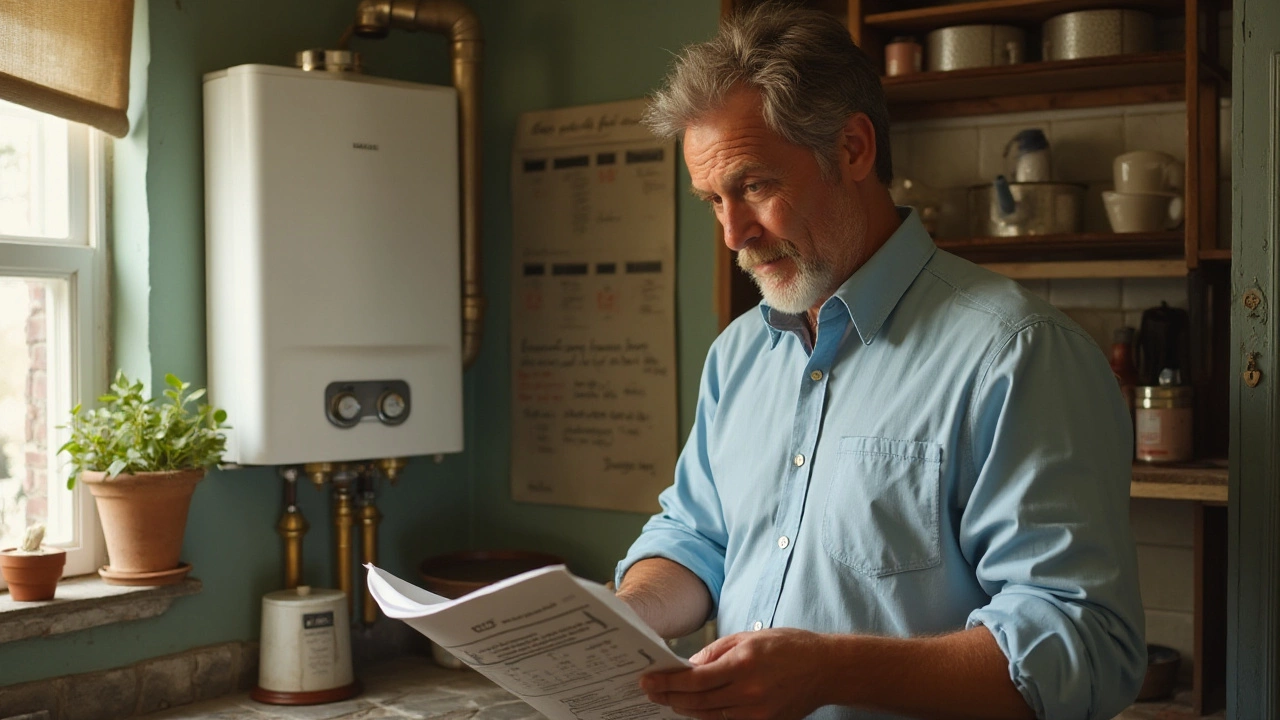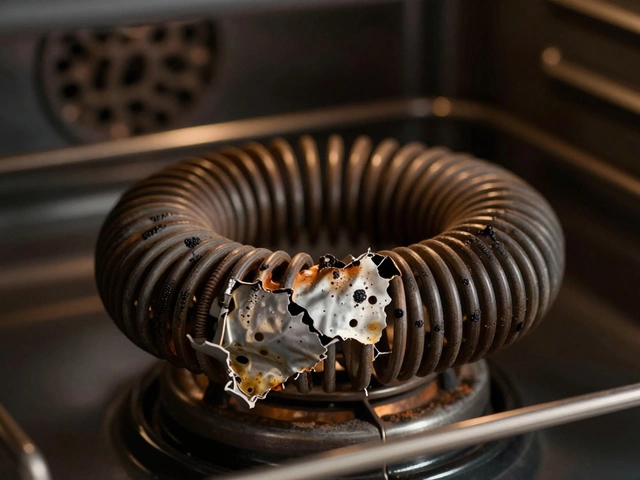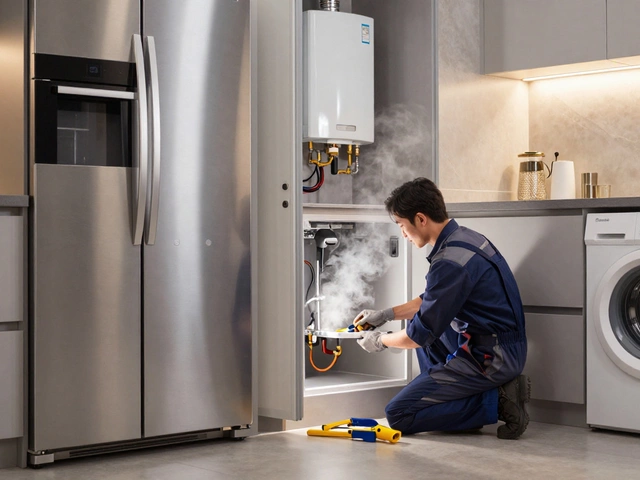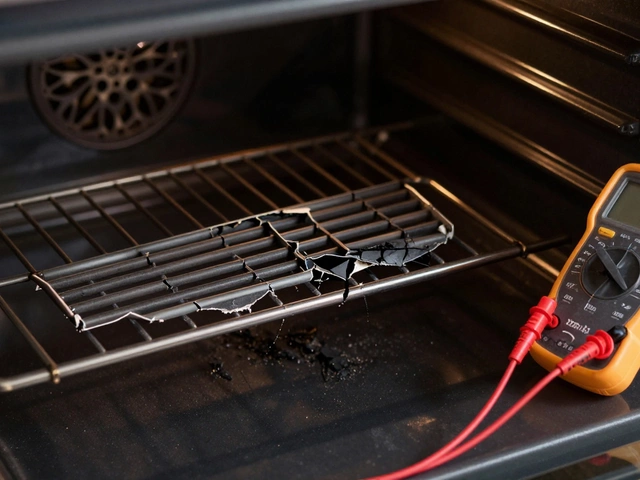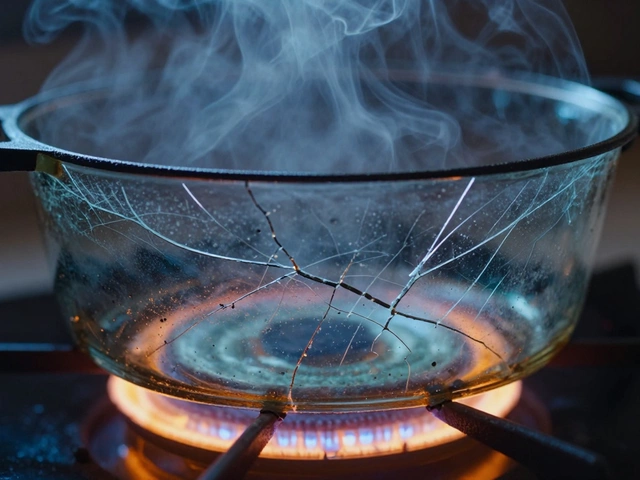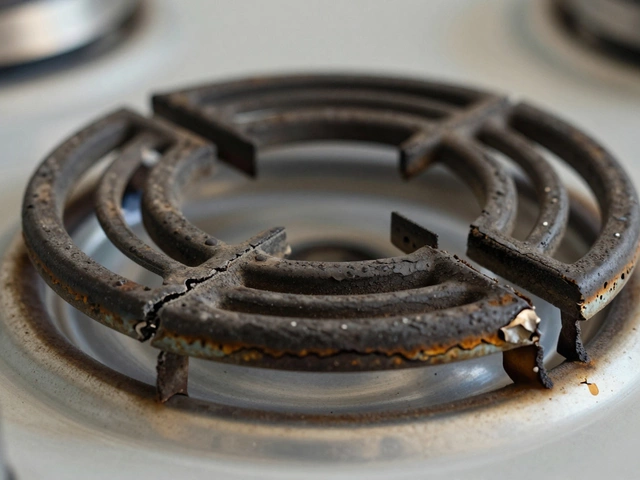Home Improvement Made Easy: Simple Appliance Repair Tips
Every homeowner faces that moment when a fridge stops cooling or a dishwasher starts leaking. It’s easy to panic, but most problems have quick fixes you can try yourself. Below are straight‑forward steps that will save you time, money, and a call to the repair shop.
Spotting Common Appliance Problems
Start by listening and looking. A humming fridge that never gets cold usually means the condenser coils are dirty. Pull the fridge out, vacuum the coils with a brush attachment, and give it a night to stabilize. If the freezer is frosting up, check the door seal for gaps—warm air sneaks in and causes ice buildup.
An oven that won’t heat often points to a busted heating element or a faulty thermostat. Remove the element (most are unsecured screws) and look for visible cracks or burns. If it looks fine, use a multimeter to test continuity; no reading means the element needs swapping.
Dishwashers love to drip when the spray arm is clogged. Take the arm out, rinse it under the tap, and clear any food bits stuck in the jets. For a washing machine that won’t spin, examine the lid switch; it’s a simple plastic piece that can wear out. Press it manually—if the machine starts, replace the switch.
These checks take under ten minutes each and often solve the issue on the spot. Keep a small toolbox with screwdrivers, a multimeter, and a brush—you’ll be ready for most hiccups.
When to Call a Professional
If you’ve tried the basics and the appliance still misbehaves, it’s time to bring in the experts. A leaking fridge involves sealed‑system repairs that require special tools and refrigerant handling. Attempting this yourself can cause more damage and void warranties.
Electric ovens older than ten years may have board failures. Replacing an oven control board is not a DIY job for most people; it involves handling high voltage and delicate components. Same goes for heat pumps or boilers—these systems need certified technicians to ensure safety and compliance.
At Hinckley Home Appliance Repair Services we specialize in quick, reliable fixes for refrigerators, washers, ovens, and dishwashers. Our technicians carry the right parts and know the local water‑hardness issues that affect appliance lifespan. A call now can prevent a small glitch from turning into a costly replacement.
In short, start with a quick visual and auditory check, clean or replace easy‑to‑reach parts, and know your limits. When the problem involves sealed systems, high voltage, or complex electronics, trust the pros. Keeping a habit of regular maintenance—cleaning coils, checking seals, and running self‑diagnostic cycles—will keep your home running smoothly for years.
Ready to tackle that noisy dryer or stubborn oven? Grab your tools, follow the steps above, and if you hit a wall, give Hinckley a ring. A well‑maintained home is a happy home.
21 March 2025
·
0 Comments
Replacing a boiler might sound like a chaotic ordeal, but with the right approach, it can be surprisingly straightforward. This article unpacks the practical steps involved, debunks myths, and shares tips to keep the mess in check. Whether you're upgrading for efficiency or necessity, learn how to make the process smoother. Discover the realities of boiler installation, understand what to expect, and ensure your home remains a sanctuary rather than a construction site.
Read more
14 November 2024
·
0 Comments
To maintain the efficiency and longevity of your water heater, regular flushing is crucial. This article delves into how often you should flush your water heater, providing insights into the signs and benefits of regular maintenance. Learn why sediment buildup can be a problem and discover practical tips for DIY flushing. Explore different types of water heaters and the unique maintenance needs of each.
Read more


